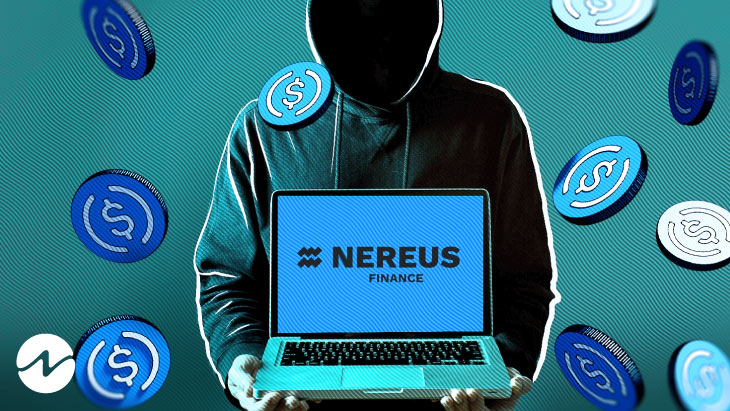- According to CertiK, there were three potential protocols affected.
- CertiK’s on-chain security software, Skynet, detected assault at 7:26 pm UTC on Tuesday.
On Tuesday night, a flash loan attack was carried out using the Avalanche network. A specific smart contract and many liquidity providers were the targets of the assault. According to CertiK, a blockchain cybersecurity company, the hacker made $370,000 worth of USDC.
#CertiKSkynetAlert🚨
— CertiK Alert (@CertiKAlert) September 7, 2022
CertiK Skynet has reported a #flashloan attack on #AVAX impacting contract 0xe767c… & some LPs. The attacker profited ~$370k USDC.
Possible impacted protocols include:@nereusfinance @traderjoe_xyz @CurveFinance
Contact us for analysis.
Stay Frosty!☃️ pic.twitter.com/bZvtgVPpl4
The attacker in a flash loan attack often borrows a large sum of money without providing any collateral, which is a misuse of the smart contract security of the targeted platform. Then, to earn money, they engage in arbitrage trading.
They do this by artificially inflating the price of a cryptocurrency asset on one trading platform before quickly unloading it on another. In most cases, the procedure is timely and precise, and the attackers will attempt it many times before giving up.
Three Potential Protocols Affected
According to CertiK, there were three potential protocols affected by the recent vulnerability on Avalanche. Even AMM Curve Finance, Nereus Finance and DEX platform Trader Joe were not exempt. CertiK’s on-chain security software, Skynet, detected the assault at 7:26 pm UTC on Tuesday.
In the recent past, several crypto heists have included flash loans. For example, in April, hackers stole more than $180 million from the Ethereum-based Beanstalk platform. In order to acquire such a big quantity of Stalk, Beanstalk’s native governance token, the attacker(s) apparently took out a flash loan on the lending site Aave. These Stalk coins gave the attackers enough clout to swiftly adopt a corrupt governance proposal that transferred all protocol assets to a personal Ethereum wallet.
Avalanche has not been doing so well on the DeFi front. For instance, the total value of assets secured on its platform has been falling for the previous several months, and as of press time, stood at only $1.7 billion, a daily decrease of 4.1%.
Recommended For You:








